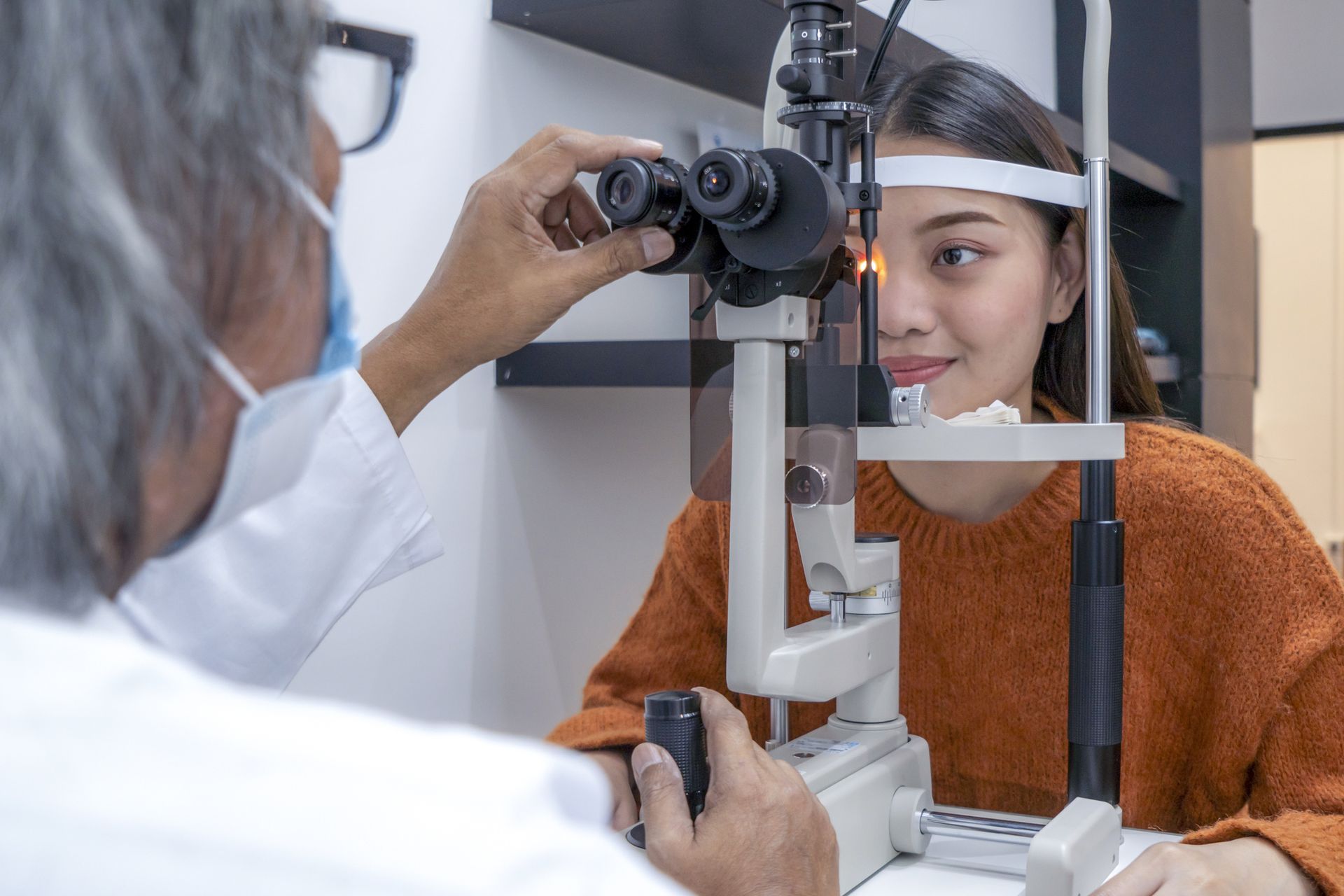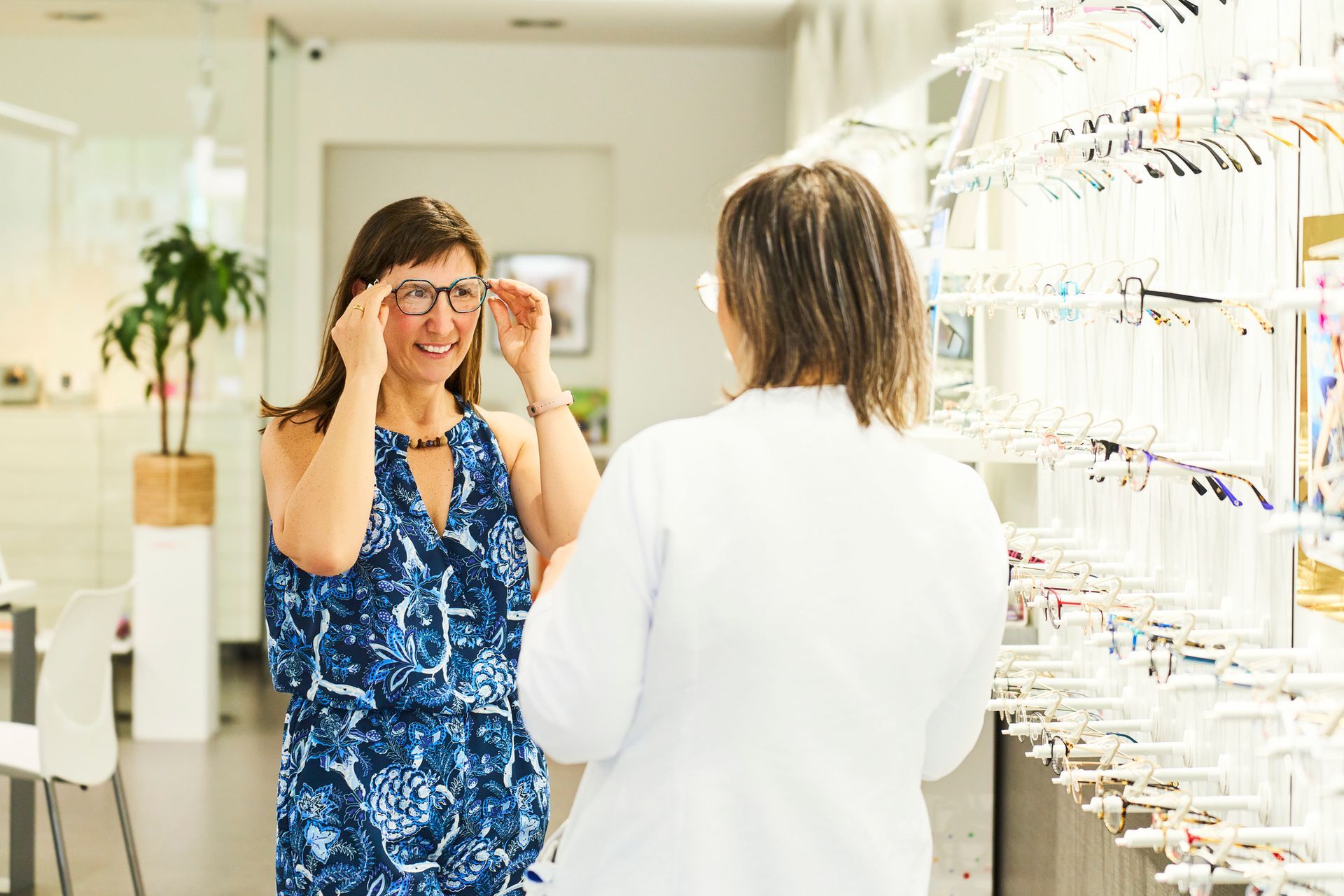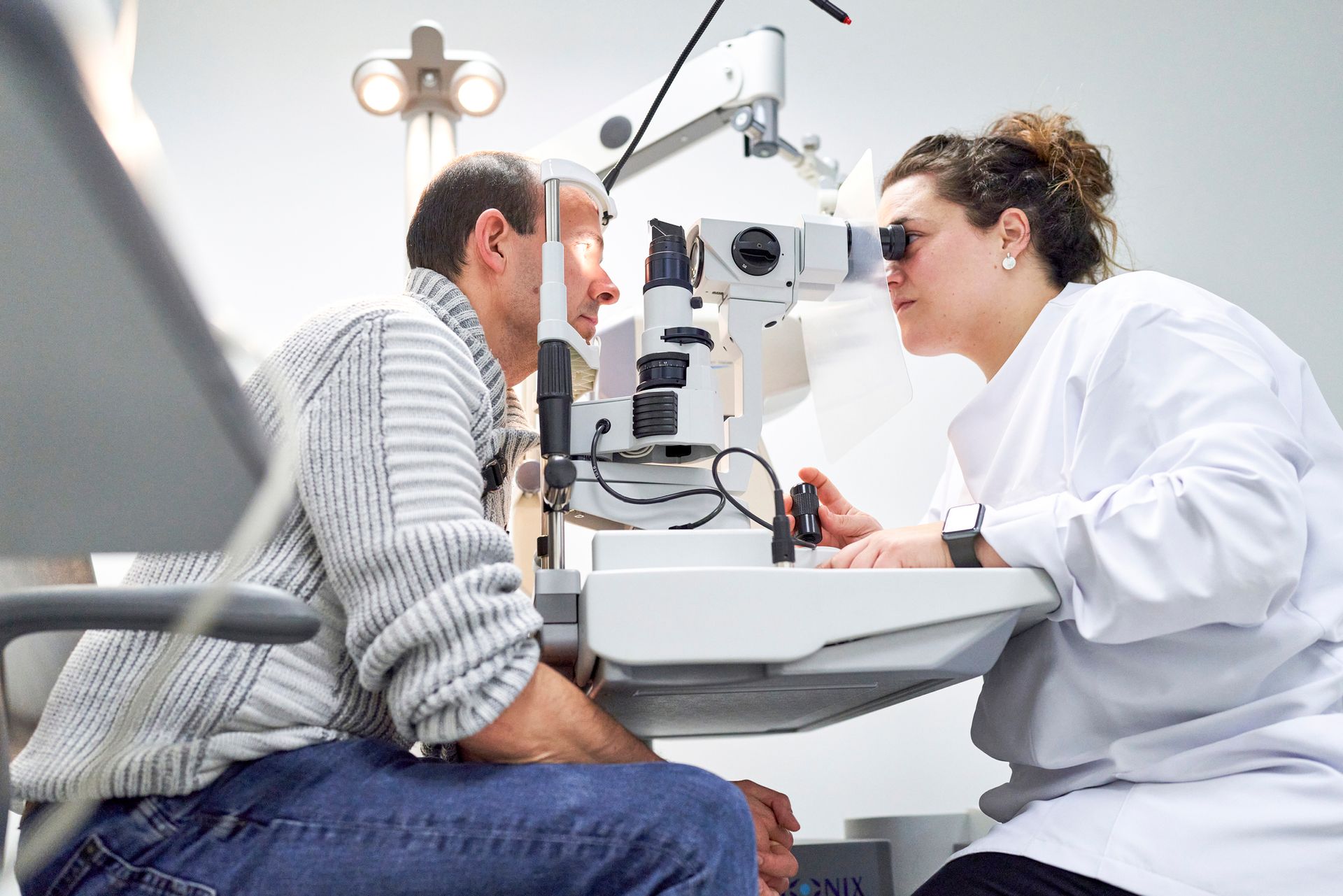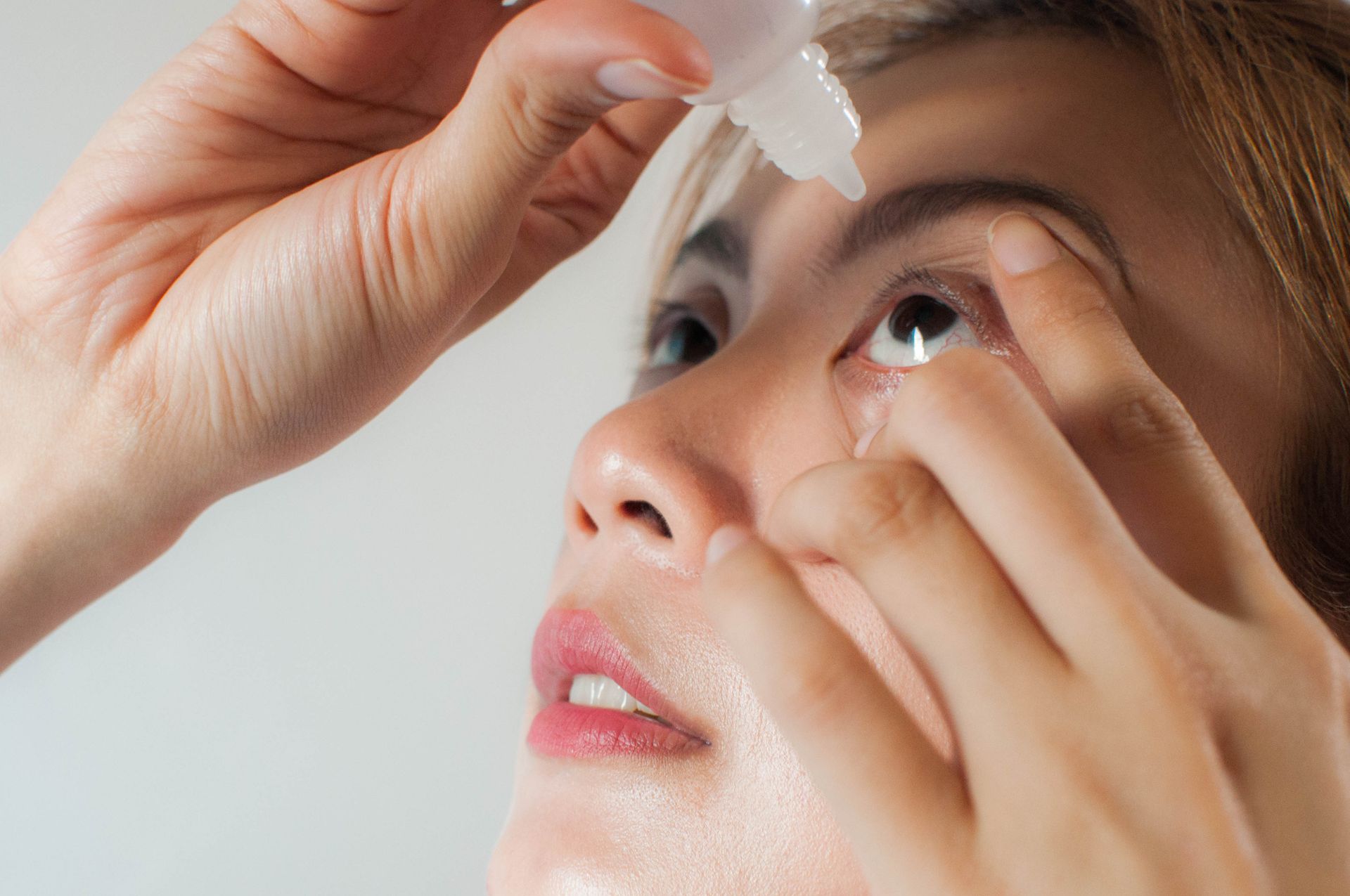Why You Shouldn’t Rub Your Eyes
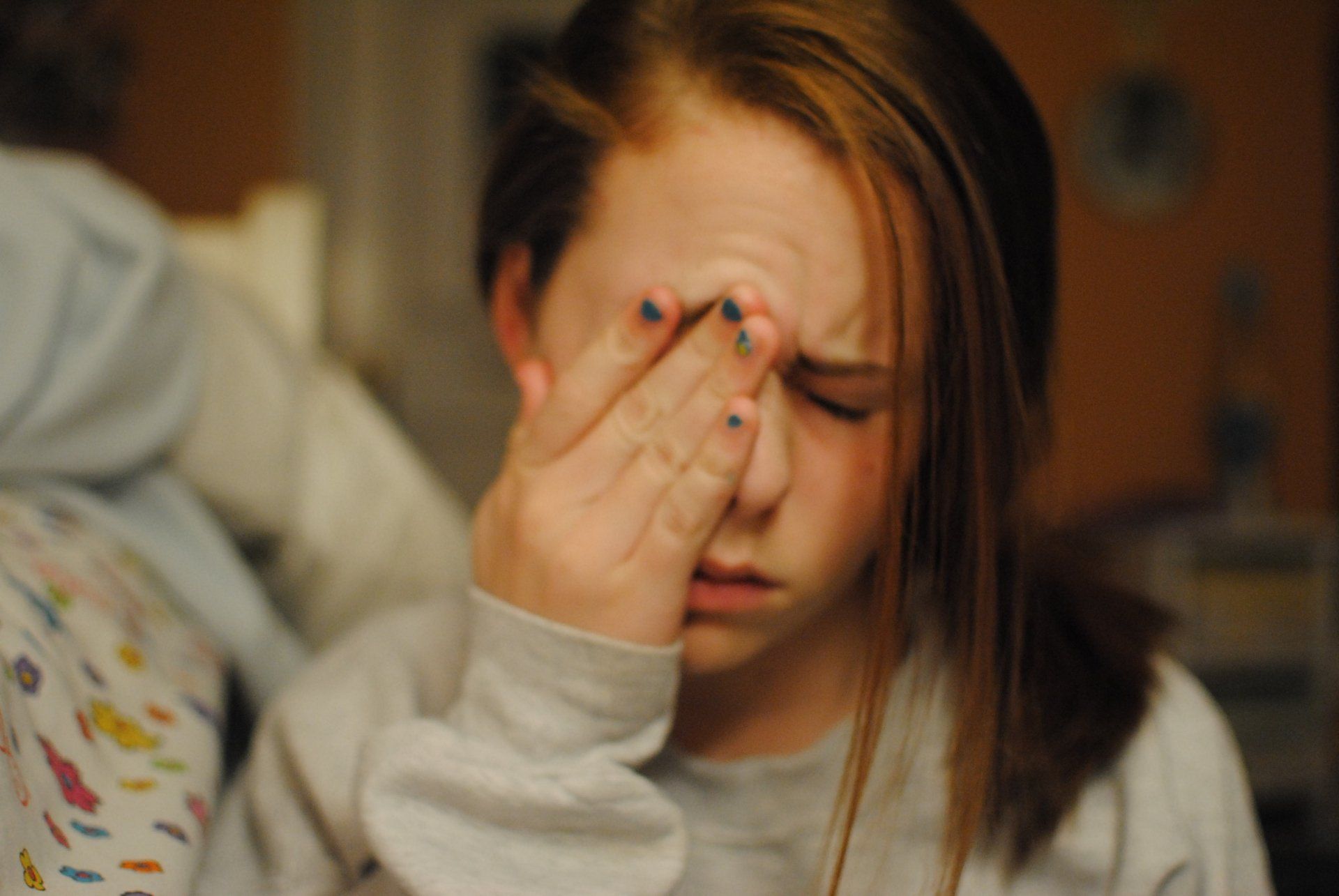
Rubbing your eyes when you wake up or when you’re tired is perfectly normal. The pressure increases tear production and lubrication, which soothes dry eyes and aids in dust removal or other eye irritants. Also, rubbing your eyes stimulates the vagus nerve, lowering your heart rate and relieving stress.
Although rubbing your eyes offers some pleasure, it also carries several risks. This article highlights reasons you shouldn't rub your eyes.
Scratched Cornea
Sometimes, a foreign object may enter your eyes, forcing you to rub them. When you rub your eyes, you may unintentionally rub too hard. Additionally, you may accidentally scratch your cornea with your fingernails, causing tiny scratches. Over time, the scratches may accumulate, leading to corneal abrasion.
Unfortunately, you may not always feel the micro-abrasions on your cornea until your eye starts experiencing issues. The early signs of a scratched cornea include:
- Excessive eye watering
- Increased sensitivity to light
- Redness
If you experience any of the signs above, seek medical help. Otherwise, the problem may worsen, leading to a serious infection, and you may even lose your eyesight. Fortunately, treating corneal abrasion is quite easy. Your doctor may advise you to use antibiotic eye drops to prevent the infection from spreading and pain medication to reduce the pain.
Thinned Cornea
A cornea is the clear, outermost layer of the eye that acts like the lens. This part regulates the amount of light entering the eye and focuses it on the retina to form an image due to its spherical shape.
The cornea depends on a healthy network of collagen fibers to maintain the spherical shape. If you rub your eyes hard, the corneal surface becomes damaged, weakening the collagen fiber network. As a result, the cornea may become thin, changing its shape to cone-like instead of round. This condition is commonly known as keratoconus.
Besides excessive rubbing, a person may also develop keratoconus due to oxidative stress, genetics, or other eye diseases. You can easily manage this condition by wearing rigid contact lenses during the early stages, but preventing it is better by not rubbing your eyes.
Dark Circles
Dark circles around your eyes usually occur due to genetic conditions, age, medications, allergies, poor sleeping habits, and fatigue. Although you can take care of this issue, the dark circles usually worsen when you rub your eyes.
The skin around your eyes is quite thin compared to the skin on your other body parts. This means that the blood vessels underneath the skin are delicate as well. If you rub your eyes hard, the blood vessels may burst and bleed, making blood accumulate in this region. As a result, the region around your eyes may appear darker than other parts.
Often, you may realize you have dark circles in the morning when you wake up, meaning you probably rubbed your eyes while you slept. To avoid this issue, consider wearing a mask when you go to bed.
Glaucoma
Glaucoma is a condition which occurs when the optic nerve tissues get damaged. The optic nerve is the nerve at the back of your eye. This nerve carries visual information from the retina to the brain, which then creates the images you see.
When you suffer from glaucoma, this affects your vision, and you may eventually experience permanent vision loss if the problem goes untreated. This problem worsens when you put extra pressure on your eyes, and rubbing your eyes significantly increases the pressure. Doctors usually treat this issue by administering medicine that lowers the pressure in your eye.
Although rubbing your eyes is completely normal, it can indicate a problem, especially if you rub your eyes several times a day. Therefore, once you realize this issue, schedule an appointment with an ophthalmologist. If you want reliable services, contactCalvert Ophthalmology Center. Our doctors will help you identify the underlying cause and prescribe proper medication.



